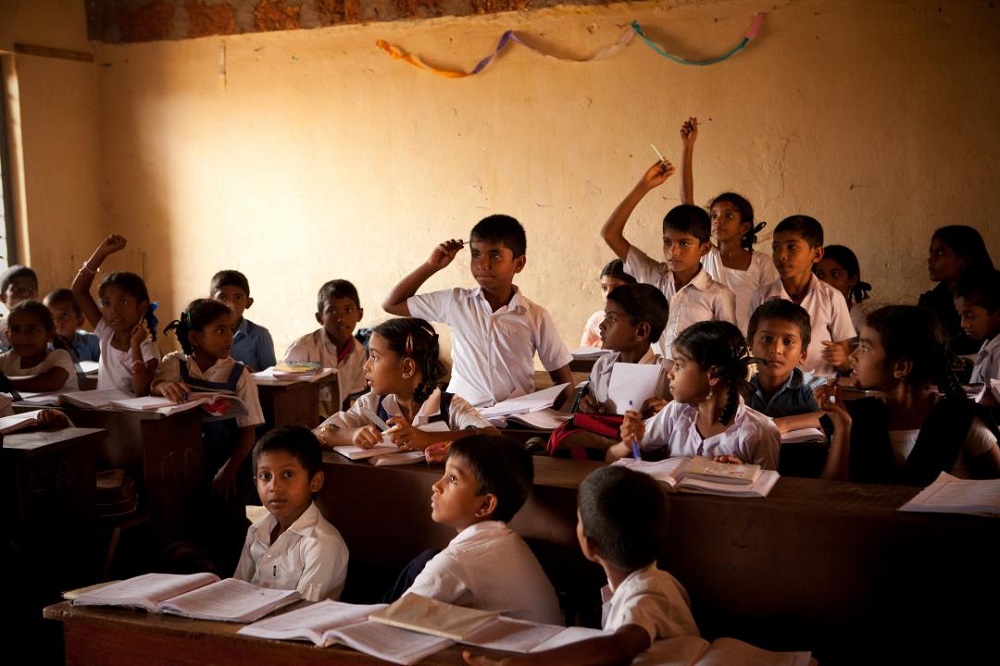Education has long been recognized as a catalyst for social and economic empowerment. Thus offering a pathway to a brighter future. This blog of Fikrah depicts – For underprivileged children, access to quality education can be a transformative force that not only breaks the cycle of poverty but also fosters personal growth and community development. Thus here is a closer look at how education can change the lives of underprivileged children.
Breaking the Cycle of Poverty
Access to education serves as a critical tool in breaking the cycle of poverty. By equipping underprivileged children with the necessary knowledge and skills, education also opens up opportunities for better employment prospects, higher earning potential, and improved socio-economic mobility. Education empowers children to envision a future beyond their current circumstances. Thus instilling a sense of hope and determination to create a better life for themselves and their families.
Fostering Personal Development
Education nurtures personal development and empowers underprivileged children to reach their full potential. Thus by providing a supportive learning environment that encourages critical thinking, creativity, and problem-solving, education also fosters intellectual curiosity and a lifelong passion for learning. Through education, children develop the confidence and self-belief necessary to overcome challenges, make informed decisions, and pursue their aspirations with determination and resilience.
Promoting Social Mobility
Education catalyzes social mobility. Thus enabling underprivileged children to transcend social barriers and achieve upward social mobility. Also by gaining access to quality education, children from marginalized communities can broaden their perspectives, expand their social networks, and engage with diverse opportunities that were previously beyond their reach. Education also empowers children to become active contributors to their communities, fostering a culture of positive change and collective progress.
Building Strong Communities
Investing in education and change the lives of underprivileged children contributes to the development of strong and resilient communities. Thus by prioritizing educational initiatives that cater to the specific needs of marginalized communities, societies can cultivate a generation of educated and skilled individuals who are equipped to drive positive change and contribute meaningfully to the social and economic fabric of their communities. Education also fosters a sense of community pride, collective responsibility, and civic engagement, laying the foundation for sustainable community development and inclusive growth.
Click here to know more about “Girls Education”
Conclusion:
In conclusion, education has the transformative power to change the lives of underprivileged children by breaking the cycle of poverty, fostering personal development, promoting social mobility, and building strong communities. Thus by prioritizing educational initiatives that address the unique challenges faced by marginalized communities, societies can pave the way for a more equitable and prosperous future for all.

